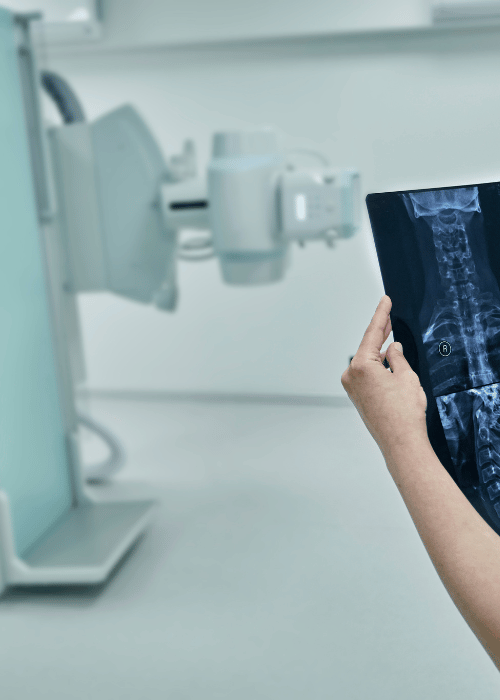AI in Medical Imaging
Original price was: $200.00.$129.00Current price is: $129.00.
🌟🌟🌟🌟🌟 (12 reviews)
This course represents a unique opportunity to be at the cutting edge of medical technology, enhancing your professional capabilities and contributing to the advancement of healthcare quality and efficiency.
Description
AI in Medical Imaging: Online Course Overview
Course Introduction
The “AI in Medical Imaging” online course is a comprehensive training program designed to empower healthcare professionals, radiologists, pathologists, and technology specialists with the knowledge and skills to apply artificial intelligence (AI) in enhancing diagnostic accuracy, reducing diagnostic time, and improving patient outcomes in radiology, pathology, and other imaging-related fields.
Learning Outcomes
Upon completing this course, participants will:
- Understand the fundamentals of AI and machine learning (ML) technologies as they apply to medical imaging.
- Be able to identify the challenges and opportunities in integrating AI with medical imaging.
- Learn the principles behind AI-powered diagnostic tools and their application in clinical practice.
- Gain proficiency in interpreting AI-generated imaging analyses to make informed clinical decisions.
- Explore case studies demonstrating the successful application of AI in medical imaging.
Course Benefits
- In-depth Knowledge: Gain a solid foundation in both the theoretical and practical aspects of using AI in medical imaging.
- Hands-On Learning: Engage with real-world case studies and interactive simulations to apply AI concepts in medical imaging.
- Expert Instructors: Learn from leading experts in radiology, pathology, AI technology, and healthcare innovation.
- Flexible Learning Schedule: Access course materials and complete assignments at your own pace, accommodating your professional commitments.
- Professional Growth: Enhance your career prospects in the healthcare and technology sectors with specialized knowledge in one of the fastest-growing areas of medicine.
Target Audience
This course is designed for:
- Radiologists and pathologists looking to incorporate AI tools into their diagnostic processes.
- Healthcare professionals interested in understanding the impact of AI on medical imaging.
- IT professionals and data scientists focusing on healthcare applications.
- Medical students and researchers aiming to stay at the forefront of technological advancements in their field.
Course Outline
Module 1: Introduction to AI in Healthcare
- Overview of AI and its role in healthcare
- History and evolution of AI in medical imaging
Module 2: Fundamentals of Medical Imaging
- Basic principles of radiology and pathology imaging techniques
- Types of medical imaging data
Module 3: Machine Learning and AI Technologies
- Introduction to machine learning models and algorithms used in medical imaging
- Deep learning techniques for image analysis
Module 4: AI Applications in Radiology
- AI in detecting and diagnosing diseases from X-rays, CT scans, and MRI
- Case studies on AI’s impact on radiology
Module 5: AI Applications in Pathology
- Digital pathology and AI’s role in image analysis
- Enhancements in accuracy and speed of diagnosis
Module 6: Integrating AI into Clinical Workflow
- Challenges of adopting AI in medical practices
- Strategies for effective integration of AI technologies
Module 7: Ethical and Legal Considerations
- Privacy, security, and ethical issues in using AI for medical imaging
- Regulatory landscape for AI tools in healthcare
Module 8: The Future of AI in Medical Imaging
- Emerging trends and technologies
- Preparing for the future impact of AI on healthcare
Certification
Participants who successfully complete the course will receive a certification, evidencing their ability to leverage AI in the improvement of medical imaging processes and outcomes.
This course represents a unique opportunity to be at the cutting edge of medical technology, enhancing your professional capabilities and contributing to the advancement of healthcare quality and efficiency.



